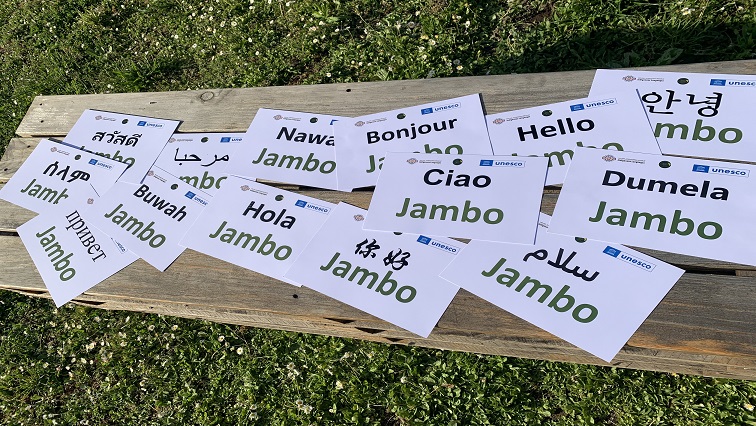Kiswahili is among the 10 most widely spoken languages in the world, with more than 200 million speakers. It is one of the official languages of the African Union with English and French dominant in most of the 54 African countries where English is usually the official or second language in 27 countries, whereas French is the official language in 21 of them.
The United Nations Educational, Scientific and Cultural Organisation (UNESCO) declared 7 July as Swahili Language Day. It is the first African language to be honoured by the international body.
Tanzania’s first President, Julius Nyerere, promoted Swahili as a pan-African language in the 1960s. Tanzania’s Permanent Representative to the United Nations described it as a “gift” to the world from its diaspora in the continent.
In 2017, Tanzania became the first country in sub-Saharan Africa to have an African language as the sole language of instruction in its schools.
Origin
With its roots in East Africa, Swahili is now spoken in more than 14 nations, including Tanzania, Kenya, Uganda, Rwanda, Burundi, the Democratic Republic of the Congo, South Sudan, Somalia, Mozambique, Malawi, Zambia, Comoros, and even as far away as Oman and Yemen in the Middle East.
South Africa and Botswana have introduced it in schools, while Namibia and others are considering doing so.
According to researchers, Arabic was instrumental in the “birth” of Swahili and many non-linguists at one moment wanted to class it as a dialect of Arabic. The various Arab trading posts attracted speakers of different but related Bantu languages, leading to the development of a dialect around each Arab trading post.
Linguists argue that there may be an ideological element to Swahili’s closeness to other languages in east and central Africa.
Swahili, which borrows over 40% of its vocabulary straight from Arabic, was first spread along East Africa’s coast by Arab traders. The language developed from words borrowed from Arabic, Portuguese, Hindi and German. It has also borrowed a number of words from languages such as English.
Swahili was formalised as a lingua franca under German and British colonial rule in the 19th and 20th Centuries.
Swahili not accepted in christianised kingdoms
Swahili was a welcome tool for intertribal interaction because each tribe found the other tribe’s language too complicated. This is why all the Arab, German, British and French explorers, traders and missionaries found it relatively easy to learn Swahili in Zanzibar.
The rulers of the largely Christian kingdoms of the Great Lakes region rejected Swahili. The association of Swahili with Islam and the slave trade was one of the main obstacles to its spread.
Another was the policy of Christian missionaries who preferred local tribal languages for evangelisation and education.






